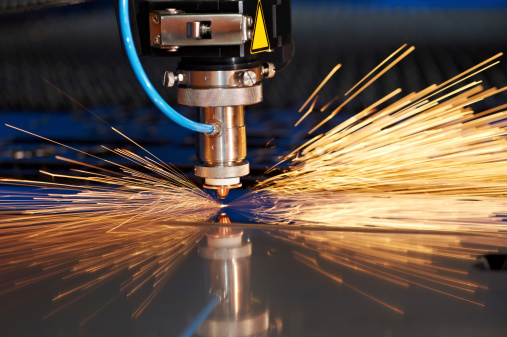Manufacturing is a cornerstone of the modern economy and has the potential to be even more important in the future. Manufacturing helps drive economic growth by creating intermediate goods that can be used to make other final products, such as food or cars. But perhaps most importantly, manufacturing enables accelerated innovation by creating new products, from raw materials through intermediary processes to finished goods. This makes investing essential in technology and services that enable manufacturers to increase productivity, reduce costs, and remain competitive globally. In this blog post, we’ll discuss four key reasons manufacturers need to invest more in mechanical manufacturing – let’s dive right in!
Manufacturing is becoming more knowledge-intensive
Manufacturing has been and always will be a labor-intensive activity – but it’s also becoming more knowledge-intensive. This means that manufacturers will increasingly need to invest in technologies that enable more efficient use of information – including data analytics and artificial intelligence – to maximize productivity. One way to think about this is by looking at the sector of the economy that manufacturers fall into. There are three sectors: agriculture, manufacturing, and services. A manufacturing company is the most capital-intensive sector of the three because it requires machinery to produce what we need.
Capacity constraints and bottlenecks
Capacity constraints and bottlenecks are two issues that are particularly relevant to mechanical manufacturing. Capacity constraints occur when demand exceeds a facility’s production capacity. This can occur in any economic sector, but it is especially common in manufacturing because of the high investment required to increase production capacity. Worldwide, many industries are becoming capacity-constrained because of their rapid growth and insufficient investment in new capacity. As manufacturing becomes more important in the economy, investment in new production capacity will become even more vital to avoid bottlenecks. If manufacturers invest less, there is a risk that significant backlogs will develop in supply chains, causing production delays and even interruptions in delivering critical intermediate goods.
Robotics and automation will be key to future manufacturing.
As the world’s population grows and living standards continue to rise, the demand for manufactured goods will increase significantly. This will put pressure on manufacturers not just to increase production but also to increase production with fewer resources – including labor. One way to do this is to invest in automation and robotics. This is likely to be especially important as production moves away from traditional manufacturing hubs to low-cost locations with strong economies of scale. Nations that want to keep attracting manufacturing investments must ensure that they promote an environment of flexible regulation, technological innovation, and investment in infrastructure.
Manufacturing has a significantly higher employment multiplier effect.
One of the most important reasons to invest in mechanical manufacturing is that it creates significantly more employment than the services sector. This means that investing in manufacturing is not only more efficient in generating output but also creates significantly more jobs than investing in the services sector. When economies are looking to grow, investing in sectors that create the most jobs for the resources used is important.
Conclusion
Manufacturing is a crucial sector of the economy, with significant potential to increase investment and output. There are many reasons why manufacturers need to invest more in mechanical manufacturing, including an increase in capacity constraints, an increase in the knowledge intensity of the sector, and the creation of a significantly higher employment multiplier effect. With increased investment in mechanical manufacturing, we can accelerate innovation by creating new products from raw materials through intermediary processes to finished goods.

